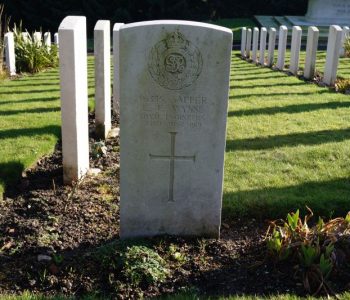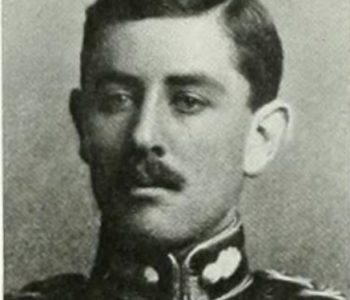 Army
Army
Gilliat-Smith, Arthur
Rank: Lieutenant
Regiment: 26th Field Company, Royal Engineers
Parents: Mr Harold & Mrs Laura Sybil Gilliat-Smith
Parent’s Address: 37 Kenilworth Road, St Leonards
Other Info: An article published in the Hastings & St Leonards Observer dated 7th November 1914 reports that: “A promising young officer, Lieut. Arthur Gilliat-Smith, only son of Mrs Harold Gilliat-Smith, or 37 Kenilworth Road, St Leonards, was killed in action on All Saints’ Day. He was in the 26th Co., Royal Engineers, and was leading his men to reinforce some infantry against an attack when he fell.
Lieutenant Gilliat-Smith was formerly a pupil at St Paul’s House, St Leonards. He afterwards went to Hillside, Godalming and Rugby Schools. His military career throughout had been with the Regulars. He obtained his commission in 1908 and became a Lieutenant in 1911. After leaving Chatham he went to Bordon Camp. He was one of the first officers to go with the Expeditionary Force.
According to CWGC, Arthur died aged 26 on 1st November 1914 and is remembered at Ypres (Menin Gate) Memorial on Panel 9.
Image from the book ‘The bond of sacrifice; a biographical record of all British officers who fell in the Great War’ which is available to view for free at Archive.org.
This book says that “he was born at Blackheath on the 3rd July, 1888, the son of Mr. and Mrs. H. Giilliat Smith, and great-grandson of the late Joseph Smith, formerly of The Oaks, Woodmansterne, Surrey. He was also related to the late Sir Edmund Bainbridge, K.C.B. He was educated at St. Paul’s House, St. Leonards-on-Sea : Hillside, Godalming and subsequently at Rugby and the R.M.A., Woolwich.
He was gazetted to the R.E. in December, 1908, and after leaving Chatham joined the 26th Field Company at Bordon Camp, Hampshire, where he served all the time he was in England. He became Lieutenant in February, 1911.
He was a cross-country rider, and won several point-to-point races in 1913-14. He was also expert on ski, and always spent part of his winter leave in Switzerland or Norway. In the Great War he was killed on the 1st November, 1914, near Ypres, when leading his section to reinforce some infantry under a very hot fire. His Commanding Officer wrote of him: “I have lost a loyal friend and a most keen and efficient officer.”
Published: October 1916
Please use the comments box below if you can provide more information about this person.
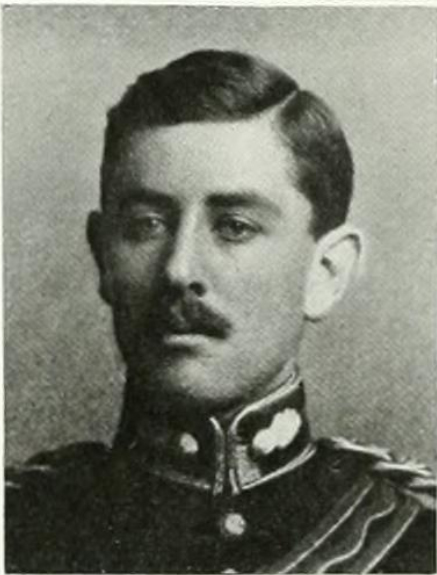
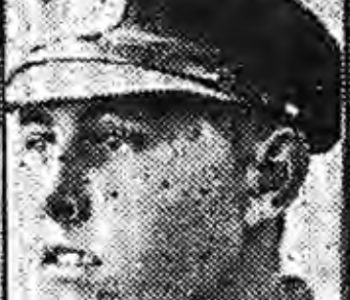

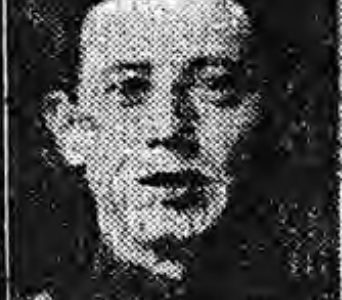

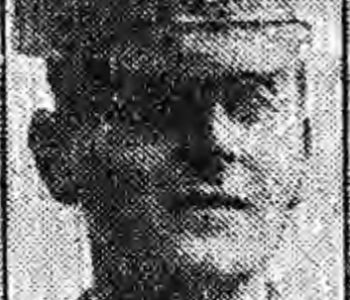

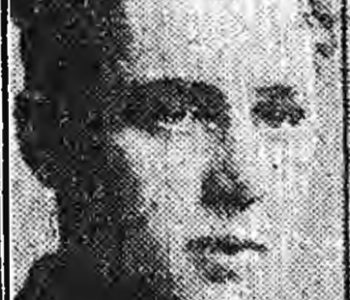





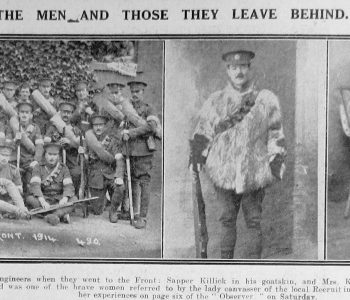

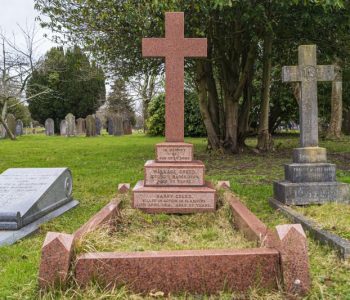
 Harry Creed
Harry Creed